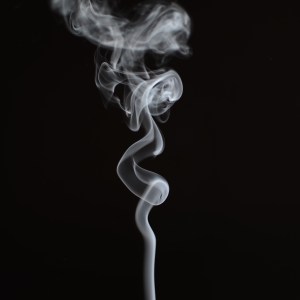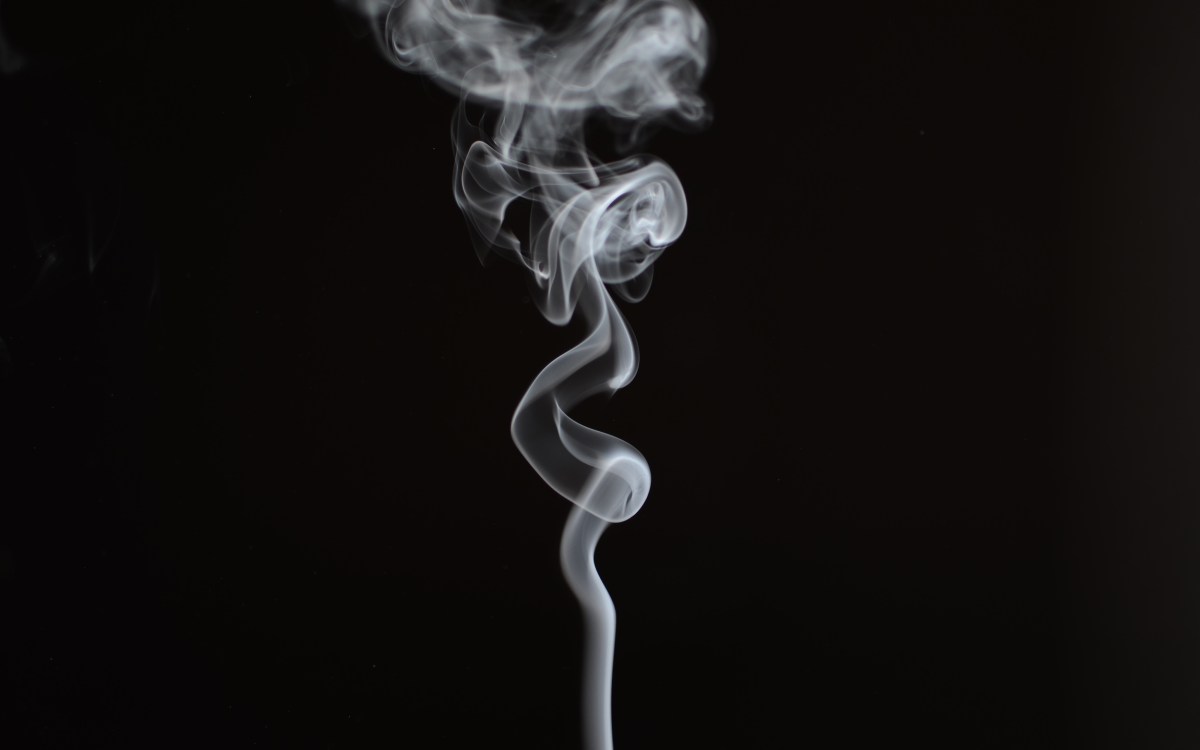Lack of sleep is easier on older adults than others
In a recent sleep study testing alertness and performance in sleep-deprived adults, researchers at Brigham and Women’s Hospital (BWH) determined that healthy older adults handle sleep deprivation better than younger adults. The findings appeared online on May 3, in an advance online edition of the Journal of the American Geriatrics Society.
After an extended period of wakefulness, older participants were less impaired by sleep deprivation, showed faster reaction times and fewer performance lapses, paid better attention, and had less frequent unintentional sleep episodes than their younger counterparts.
“Even very healthy adults like those in our study see a decline in sleep quality and duration as they age,” said Jeanne Duffy of the Division of Sleep Medicine at BWH. Duffy is also an assistant professor of medicine at Harvard Medical School. “And it is often assumed that daytime sleepiness in older adults is the result of the typical changes in nighttime sleep that come with age.”
However, the researchers found that aging in healthy adults is not associated with daytime sleepiness, and in fact healthy, older adults show less impairment under sleep deprivation than younger adults.
The five-day sleep study of 26 healthy young adults (aged 18-29) and 11 healthy older adults (aged 65-76) consisted of three nights of eight hours of sleep followed by a 26-hour episode of wakefulness. During the 26 hours of wakefulness, participants remained sitting in bed and had a staff member in the room to help them remain awake, and were not allowed to exercise or drink caffeinated beverages.
Throughout the 26 hours of wakefulness, the study participants were asked to rate their alertness twice per hour, their attention was assessed every two hours, and an electroencephalogram and electrooculogram were recorded continuously to monitor inadvertent sleep episodes and failures to pay attention.
“Many survey studies find greater levels of daytime sleepiness in older adults, yet our current research demonstrates that daytime sleepiness in older adults should not be attributed to a normal consequence of the aging process,” said Duffy. “Rather, daytime sleepiness may instead be a result of a number of other potential factors, such as chronic medical conditions, undiagnosed sleep disorders, or side effects of medications older people may be taking.” Older adults who fall asleep accidentally during the day or early evening should be evaluated for the underlying cause of their sleepiness.
The research was supported by grants from the National Institutes of Health.




